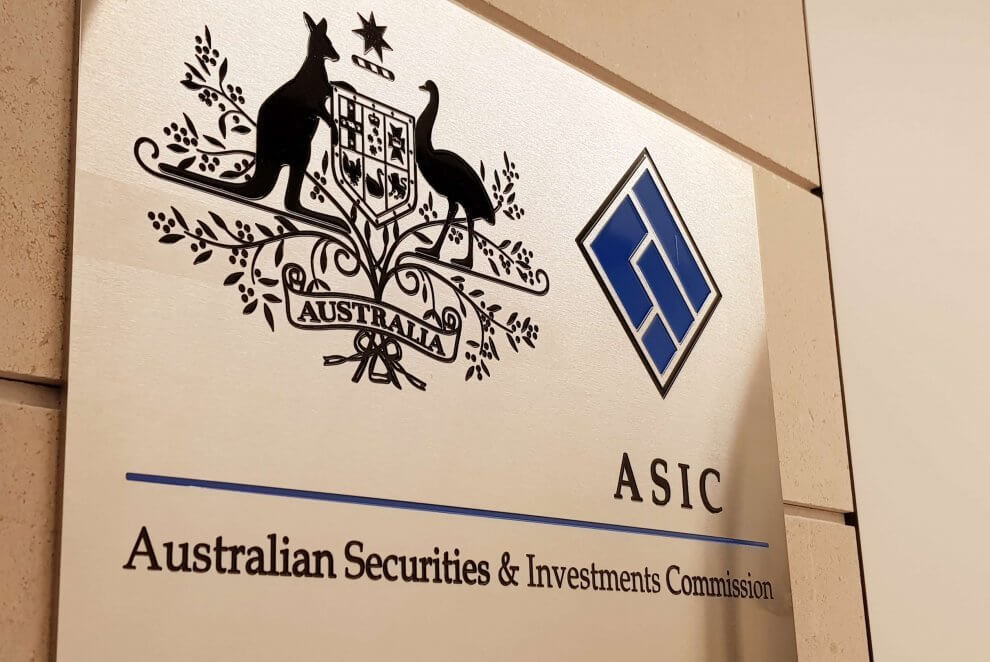Australia needs to boost private credit standards, says watchdog
Key concerns include opaque remuneration and fee structures, inconsistent valuation practices and unclear definition of key terms, among others, according to the report.
Australia’s private credit sector must improve standards around valuations, governance and liquidity to align with global practices and boost investor confidence, an industry watchdog said.
The Australian Securities & Investments Commission (Asic) flagged widespread issues across the fast-growing A$200 billion asset class in an interim report published. Key concerns include opaque remuneration and fee structures, inconsistent valuation practices and unclear definition of key terms, among others, according to the report.
The report also revealed that nearly half of private credit lending is concentrated in real estate construction and development, areas Asic considers “higher-risk” and in greatest need of reform to protect investors.
“Private credit is playing an important role in our capital markets and Australia should implement industry standards that align with international best practice,” said Asic’s chair Joe Longo, adding that the regulator expects “meaningful action” and will intervene if progress stalls.
Asic intensified its surveillance of private markets, in particular private credit, as it focuses on areas of the financial services sector that pose the greatest risks. The heightened scrutiny in Australia mirrors concerns raised by global regulators elsewhere towards the asset class.
Asic last week blocked two private credit funds from selling investment products over concerns about their suitability for retail investors. Boutique firm Reli Capital and La Trobe Financial Asset Management, owned by Canada’s Brookfield, were slapped with 21-day bans in separate actions.





